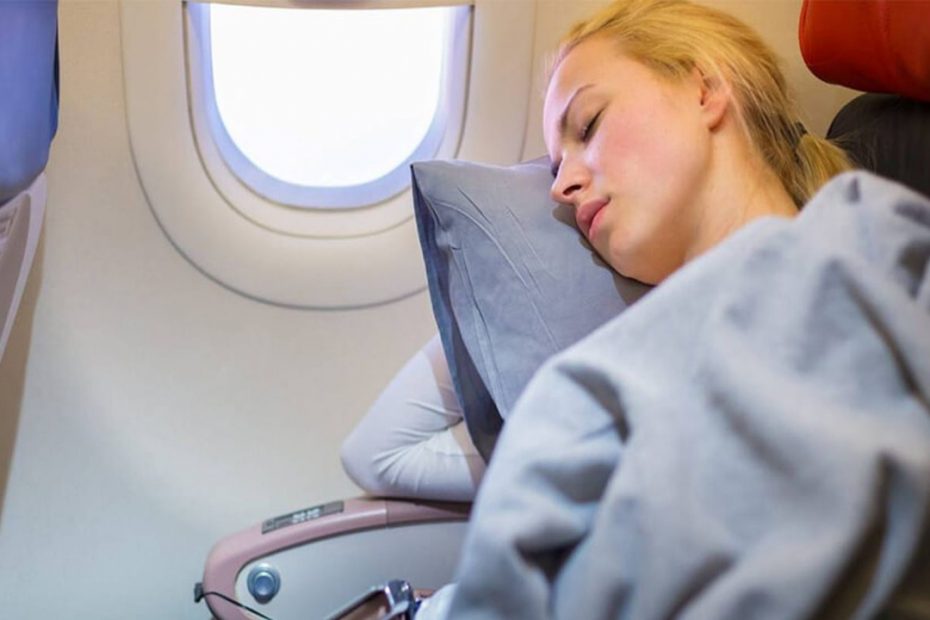Traveling for personal or business needs can be a fun experience – the weather of the new destination, ambiance, aesthetics, food, and the feeling of euphoria you get after each landing. But sometimes, getting to enjoy all of these demands that you travel between different time zones, and this affects the circadian rhythm, making it difficult to adjust to the new time zone – what we know as jet lag.
For frequent fliers, especially ones who travel internationally, the effect of jet lag is a recurring experience. The shift in sleep schedule, belly ache, daytime fatigue, and inability to concentrate take out the fun in traveling escapades.
However, there are quite a number of things, from medications to using a shiatsu foot massager, that a person can do to eliminate the symptoms of jet lag from traveling experiences. In this article, we’ll be discussing the five most resourceful tips that’ll help get over jet lag and stay healthy, physically and mentally, all through your stay.
1. Stay away from alcohol and caffeine
Avoid taking alcohol and caffeine if you want to reduce the symptoms of jet lag. They mess with your sleep routine and make it difficult for you to get quality sleep. To make it easier to adjust to your new time zone, you must stay away from these substances for at least 4 hours to your bedtime.
Instead of ingesting caffeine or alcohol, stay hydrated with water, as flights can increase dehydration levels. If you’d rather have something tasty to drink, have a glass of milk before bed or stick to your favorite juice.
2. Adjust your sleep hours before the trip
Before your trip, ensure that you’re fully aware of the time zone of your destination and start preparing for it. By preparing, we don’t mean packing your bags, we mean adjusting your sleep schedule. Gradually adopt a sleep habit that matches the time zone of your potential destination a few weeks before your trip.
If you’re heading west, try staying up for a couple of hours and if you’re heading east, you’d need to sleep earlier than you normally would. It is also important that you change your watch and set other devices to tell the time of your destination before traveling – this will help you to adapt psychologically.
3. Minimize sleep distractions
Stay away from any activity that might disrupt your sleep. Keep all phones and computers out of sight for at least 2 hours before your bedtime. To help promote sleep, you can read a book, put on some earplugs, or use Relaxe.co massagers to make you feel less tense and relaxed enough to go to bed.
4. Try melatonin
Some research has shown that melatonin supplements help improve sleep habits and suppress jet lags. While it is supplied naturally in the body to regulate our circadian rhythm, supplements are needed to aid its functionality after disruption from an inter-time zone journey.
5. Exercise a little
Exercising helps you feel better and sleep better. Try stretching, moving around, or engaging in static exercises during your flight. You must, however, avoid engaging in heavy exercises when you arrive. It may cause you to be restless.
Conclusion
The symptoms of jet lag can ruin your purpose of flying. These tips can help you get over it more quickly than usual. However, frequent fliers who feel jet-lagged a lot of times after travel are advised to see a specialist for professional recommendations.



